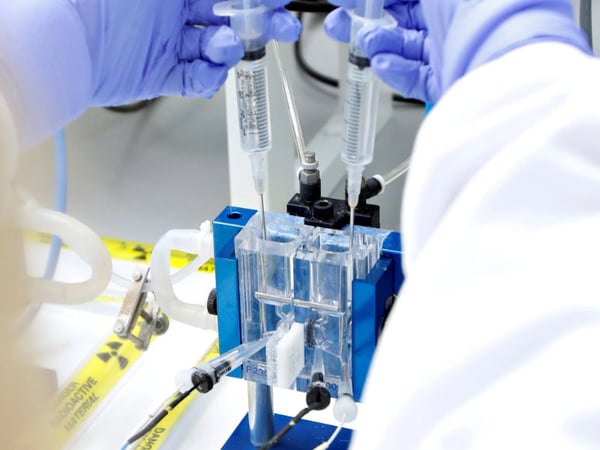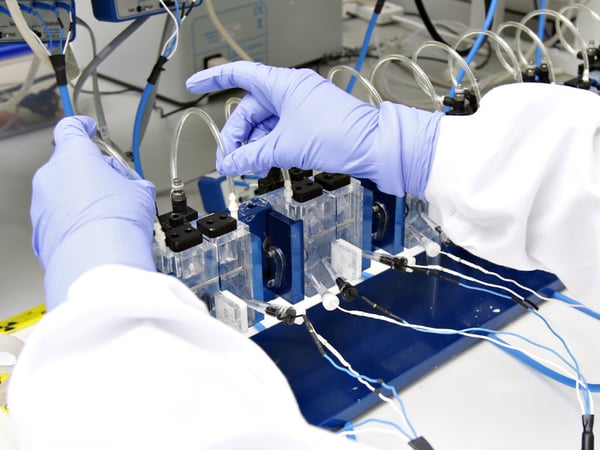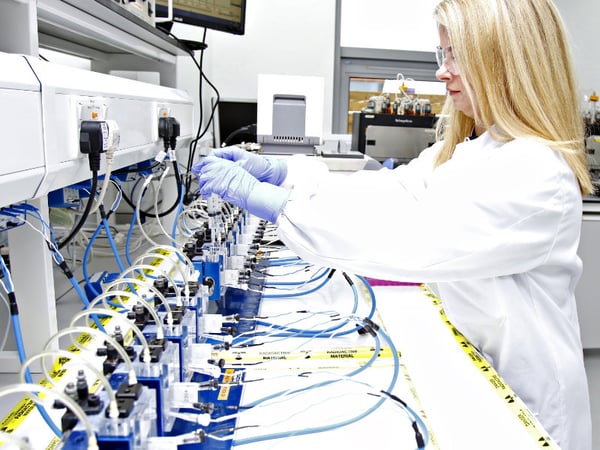ADME/DMPK Assays
With respect to drug absorption, transport and metabolism, Ussing chambers are recognized as the gold standard in vitro method. By allowing investigations in living tissues, our ADME/DMPK assay models can accurately predict drug behavior in humans.
Oral bioavailability is dependent not only on liver metabolism but also, critically, on absorption through the gastrointestinal tract, where passive and active absorption and metabolism via brush-border enzymes are key. Alternative in vitro methods, such as Caco-2 cells or intestinal microsomes, are useful for either permeability or metabolism experiments, but not for both. This is because they don't express the correct levels of transporters or enzymes; only human fresh tissues reflect the true biology.
Moreover, as many animal species used in preclinical species differ significantly in their patterns of gastrointestinal permeability or metabolism, using human fresh gastrointestinal tissue avoids species differences when predicting oral bioavailability.

Diagram showing the typical setup of an ADME/DMPK experiment in our Ussing Chamber model.
Explore our ADME DMPK Assays

Gastrointestinal Permeability
Our permeability studies use human gastrointestinal (GI) tissues which have a phenotypically accurate balance of drug-metabolizing enzymes and transporters. A typical experiment involves the application of a drug to the apical surface of the tissue, followed by periodic sampling of the Ussing chambers to measure the passage of drugs and any metabolites.

Gastrointestinal Metabolism
In addition to our permeability model, we can also estimate gastrointestinal metabolism in our Ussing chamber system. By choosing to predict drug metabolism in living human tissues you can negate the metabolic and species differences presented by Caco-2 and animal models.

Ion Channel Function
We provide solutions for studying ion channel function using our advanced Ussing chamber system. This tool detects changes in ion channel activity and exchange mechanisms, critical for understanding drug interactions within gastrointestinal tissues. By measuring short circuit current (Isc, µAmps), our assays predict the effects of your test articles on ion channel function, especially in the gastrointestinal tract, where ion channels regulate fluid secretion.
.jpg?width=756&height=425&name=Untitled%20design%20(10).jpg)

